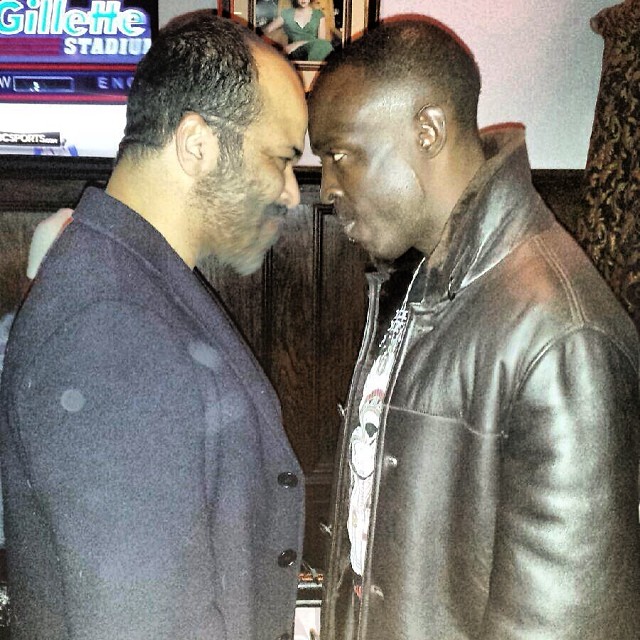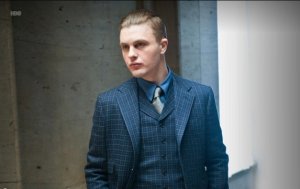- 2,614
- 47
- Joined
- Apr 1, 2009
Gonna pour some 40 out for my dude Rich 
Not to surprised he died though like someone mentioned already his story was pretty much brought to a close now that Gillian is in jail and Tommy and his wife are in Wisconsin. That ending scene was just beautiful.
So happy Narcisse made it to next season though, can already tell Hoover is gonna be so much more worse than Knox.
Eli and Knox fight was just epic. Really surprised Mickey made it

Not to surprised he died though like someone mentioned already his story was pretty much brought to a close now that Gillian is in jail and Tommy and his wife are in Wisconsin. That ending scene was just beautiful.
So happy Narcisse made it to next season though, can already tell Hoover is gonna be so much more worse than Knox.
Eli and Knox fight was just epic. Really surprised Mickey made it


 though
though






 .
.
